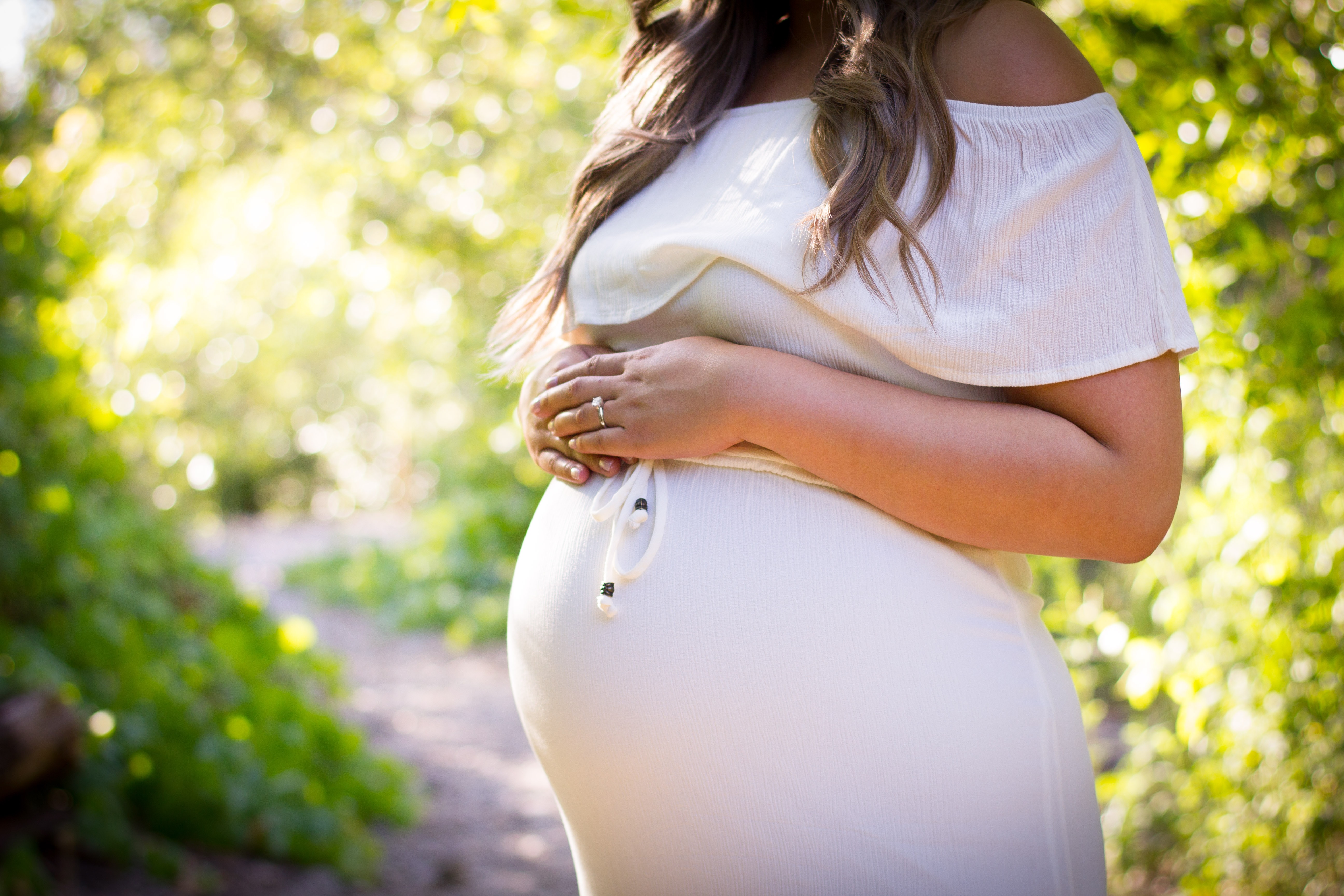
by Olivia Maloy
A vegetarian diet is perfectly able to sustain a pregnant woman and her developing baby, and breastfeeding vegetarians can be very healthy as well. But those vegetarians who are trying to conceive, suffering from pregnancy signs , or are nursing a baby might need to put more thought into what they eat, and make sure they eat foods from all major food groups and have no vitamin or mineral deficiencies. When you are on a tight budget as well, this can seem like a difficult task. So, what are the main things you should watch out for?
Folic acid
Folic acid (vitamin B9) is the only vitamin that is known to play an important role in preventing neural tube defects such as spina bifida. Women who are trying to get pregnant can take a folic acid supplement, or make sure to eat foods rich in folate, its natural form. This is especially easy for vegetarians, as plenty of green, leafy veggies contain folate. Relatively cheap food sources of folate include parsley, parsnip, lentils, green peas, spinach, beets and bananas. There is plenty to choose from!
Calcium and vitamin D
Vegetarians are more at risk of a calcium deficiency, which is important to avoid while you are expecting a baby. Because Vitamin D aids the absorption of calcium, this is something else you should think about. Dried beans, some leafy green vegetables, and tofu are all good vegetable sources of calcium, and of course if you’re not vegan, dairy is excellent too. The best vegetarian source of vitamin D is sun exposure! Do note that sun screens prevent vitamin D absorption. It is also possible to take supplements as well.
Iron
Iron-deficiency anemia is another hot topic for pregnant veggies, and something I had during both my pregnancies. Dried beans and peas are a recurring theme in this article, but you can file them under iron too. Rice and beans is an excellent iron-rich meal suitable for vegetarians that is also cheap, for instance. Broccoli, apricots, nuts, and sweet potatoes are other iron sources. After being anemic in pregnancy myself, I would suggest that you make sure you are tested for this, though, even if you do get lots of iron.
Vitamin C
Vitamin C is another essential vitamin for pregnant women. My guess is that vegetarians are less likely to need to take extra care to ensure they get the right amount. Citrus fruits are well-known for the high vitamin C content, but there are lots of vegetables that have it too, among which green peppers, tomatoes, and brussels sprouts. Supplementing vitamin C is generally not necessary, but if you do get more than the required amount, your body will simply expel it.
Protein
We can’t stress the importance of protein during pregnancy enough, because the amino acids that make up proteins are also essential for your developing baby. Experts recommend that expectant mothers should consume 70 grams of protein daily. Tofu is one great way of getting protein, but depending on where you live, relying on it isn’t very frugal. Eggs and dairy products are suitable for vegetarians, but vegans will need to turn to nuts or legumes. Quinoa is a very versatile cereal that is rich in protein.
Vitamin B12
Vitamin B12 is commonly associated with foods that are not suitable for those with a meat-free diet. If you do not eat fish and meat, it can be hard to know where to find this vitamin, which is crucial for red blood cell formation and neurological function in your baby. Pregnant women need higher amounts of vitamin B12 than those who are not expecting. You could turn to fortified breakfast cereals, yoghurt and milk, or eggs. If you are a vegan, it would be wise to discuss good supplement options with your healthcare provider.
Having said all that, vegetarian pregnant women and nursing mothers do not need to obsessively plan out the amount of vitamins and minerals they consume each day. If you are a healthy eater who uses foods from all major food groups, it is likely that you are already getting most of what you need. Paying extra attention to nutrients that don’t appear in vegetarian products is a common-sense approach. Herbal teas may be a great alternative to prenatal supplements too. Red raspberry leaf tea and nettle leaves are particularly full of vitamins and minerals, and have a great taste.
(Olivia Maloy is a vegetarian mother of two. She writes about fertility, pregnancy and babies at Trying To Conceive, where you can also sign up for a free and personalized ovulation calendar to help you get pregnant sooner.)




There are so many prenatal techniques that women should really know about. According to the Food and Drug Administration, Spina Bifida and Anecephaly are two of the most common birth deformities. Approximately 2,500 babies each year will be born with some type of neural tube defect (NTD), and half of these babies’ NTDs will be related to inadequate folic acid intake by the birth mother during pregnancy. NTDs in babies can result in life-long disabilities and even death shortly after birth.
If you do not know what Folic Acid is you should really read this article:
What is Folic Acid?